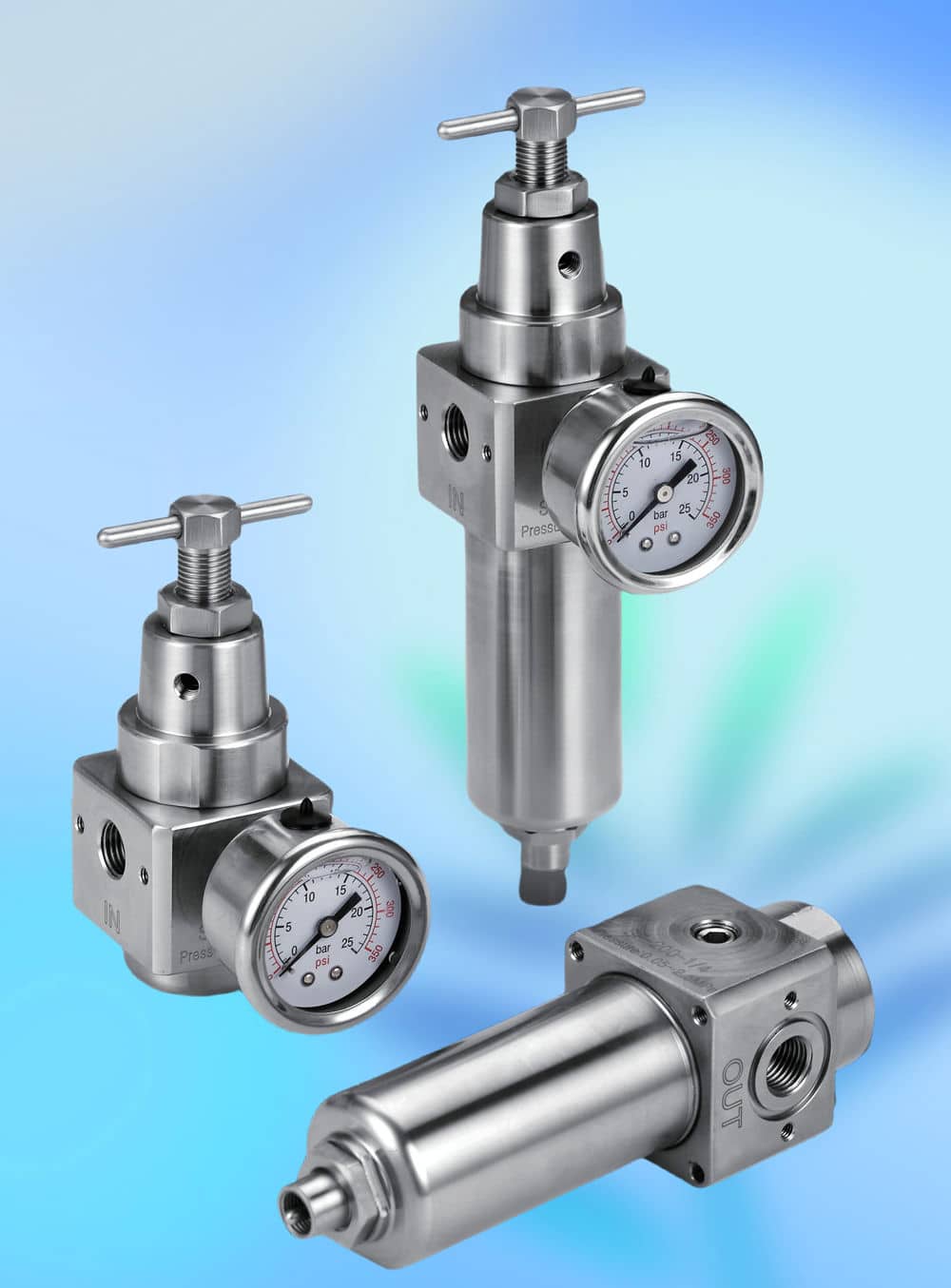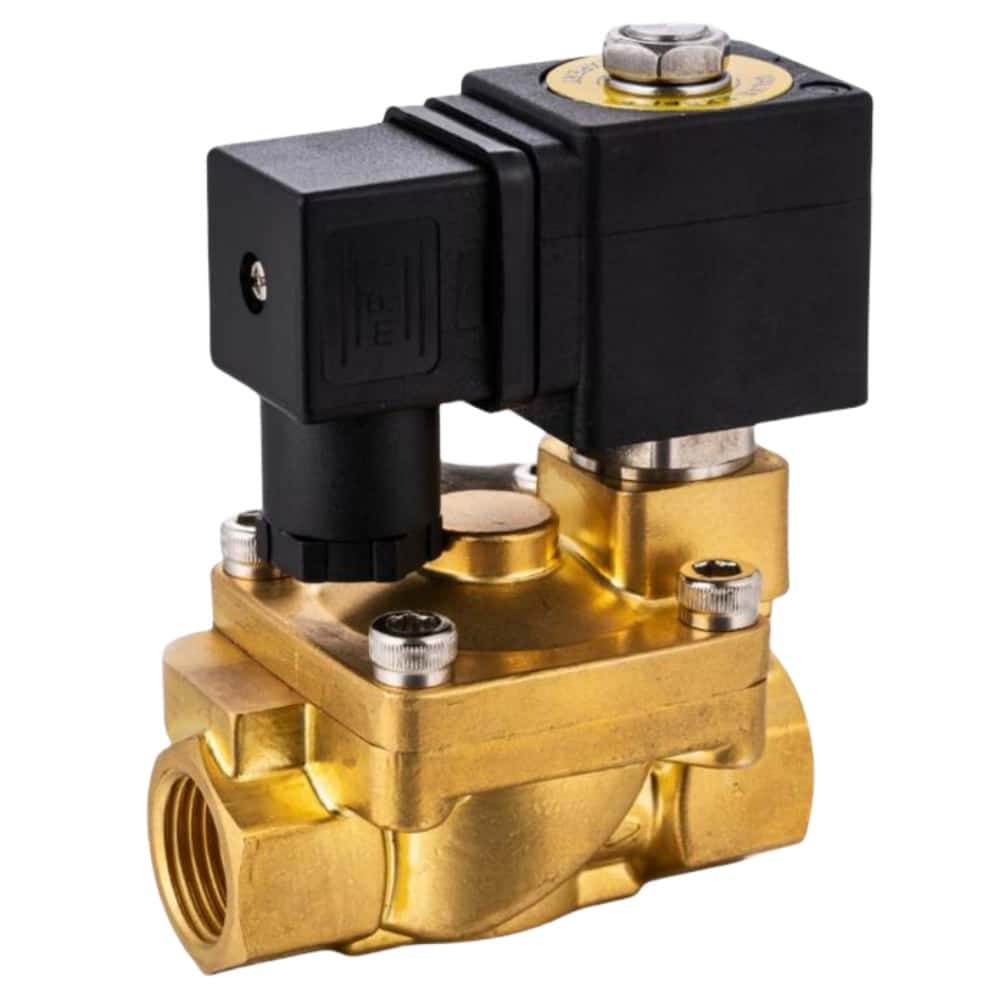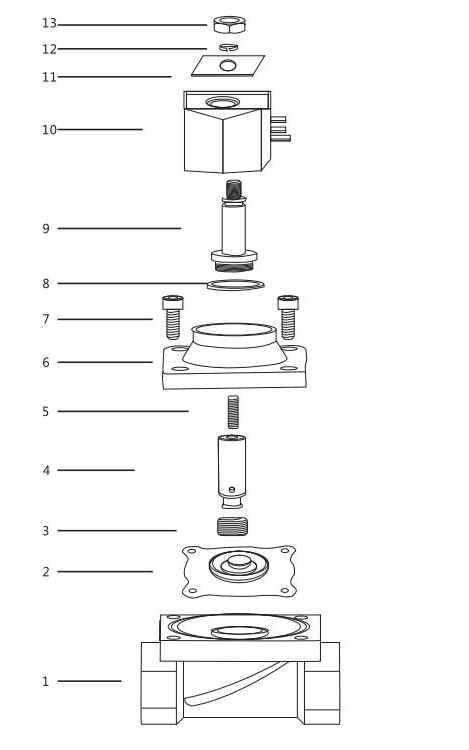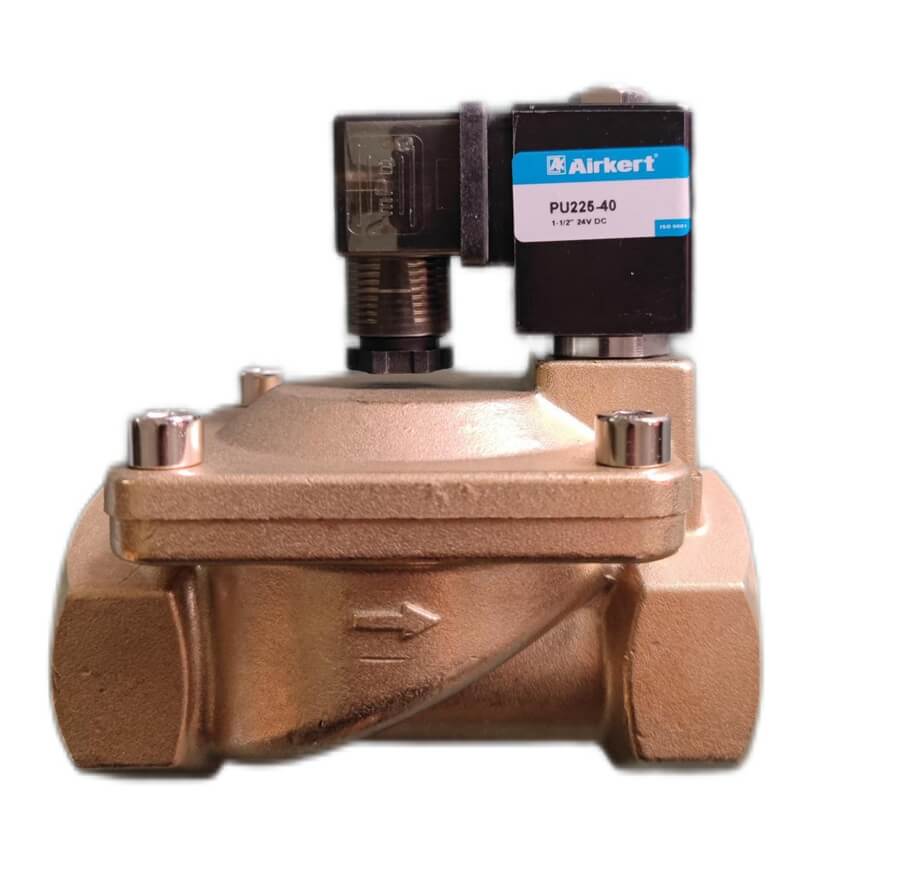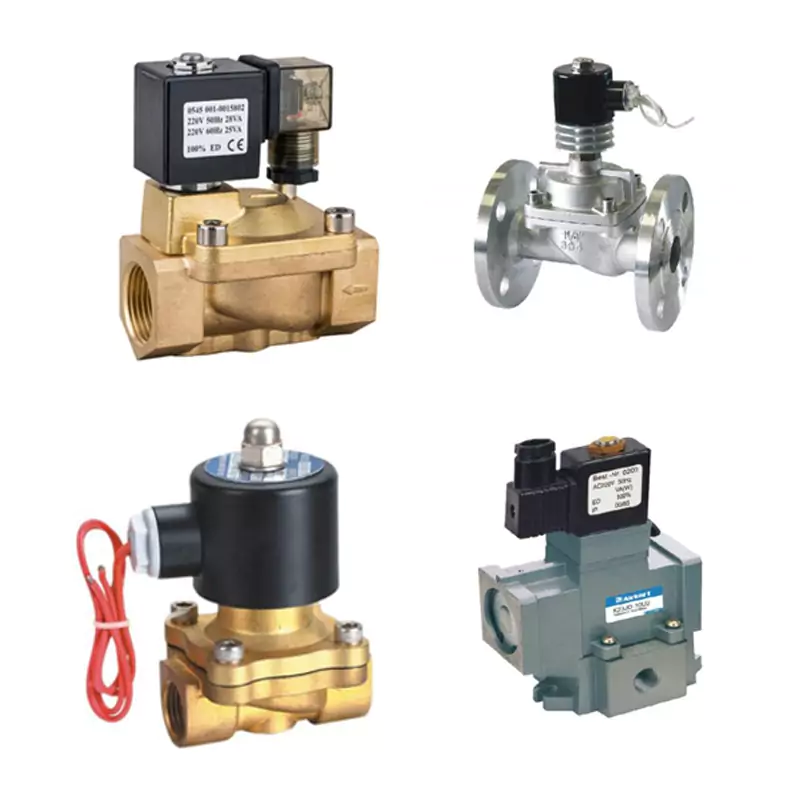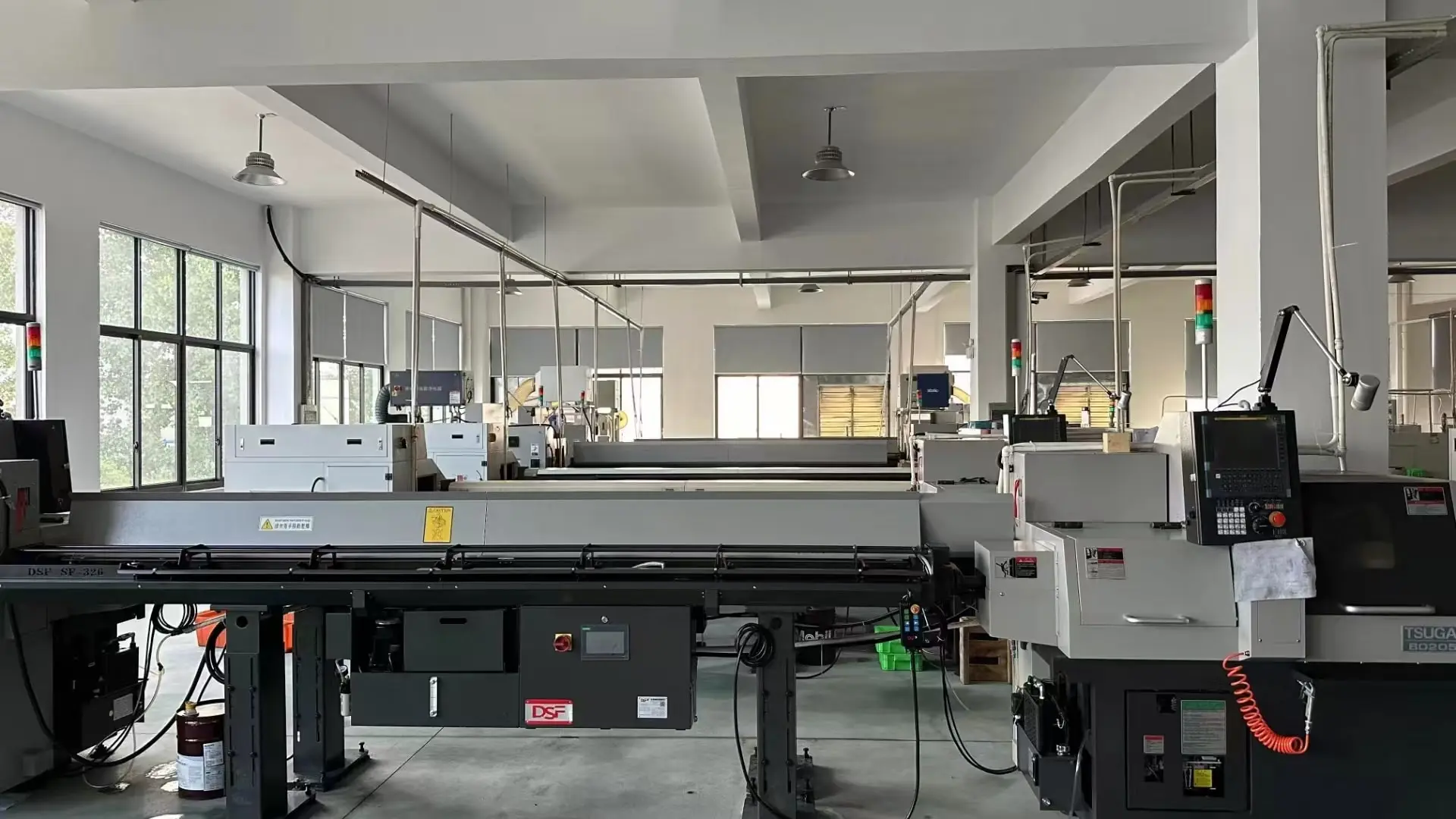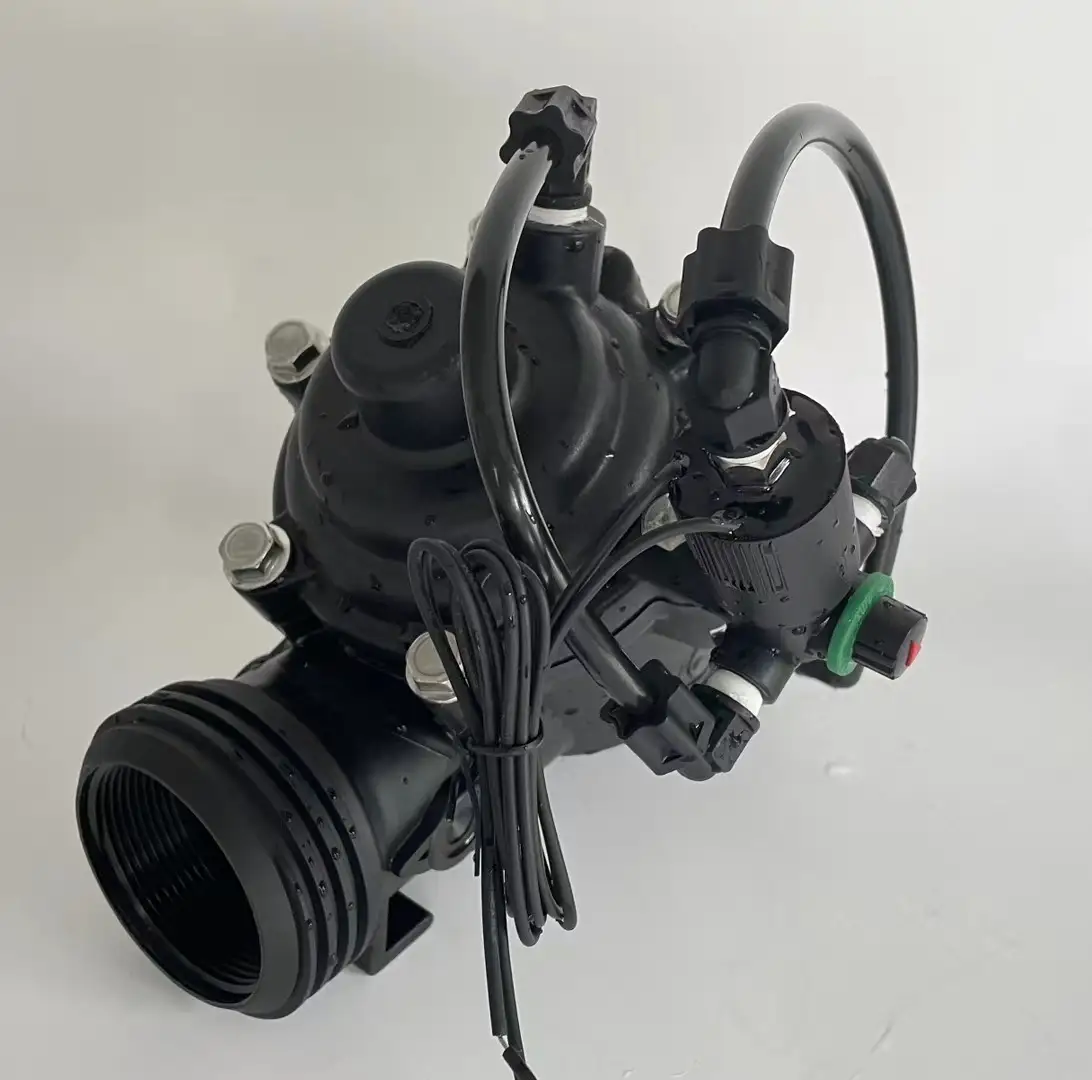Many kinds of materials can meet the requirements of the valve in many different working conditions. However, the correct and reasonable choice of valve materials can obtain the economical service life and the best performance of the valve.
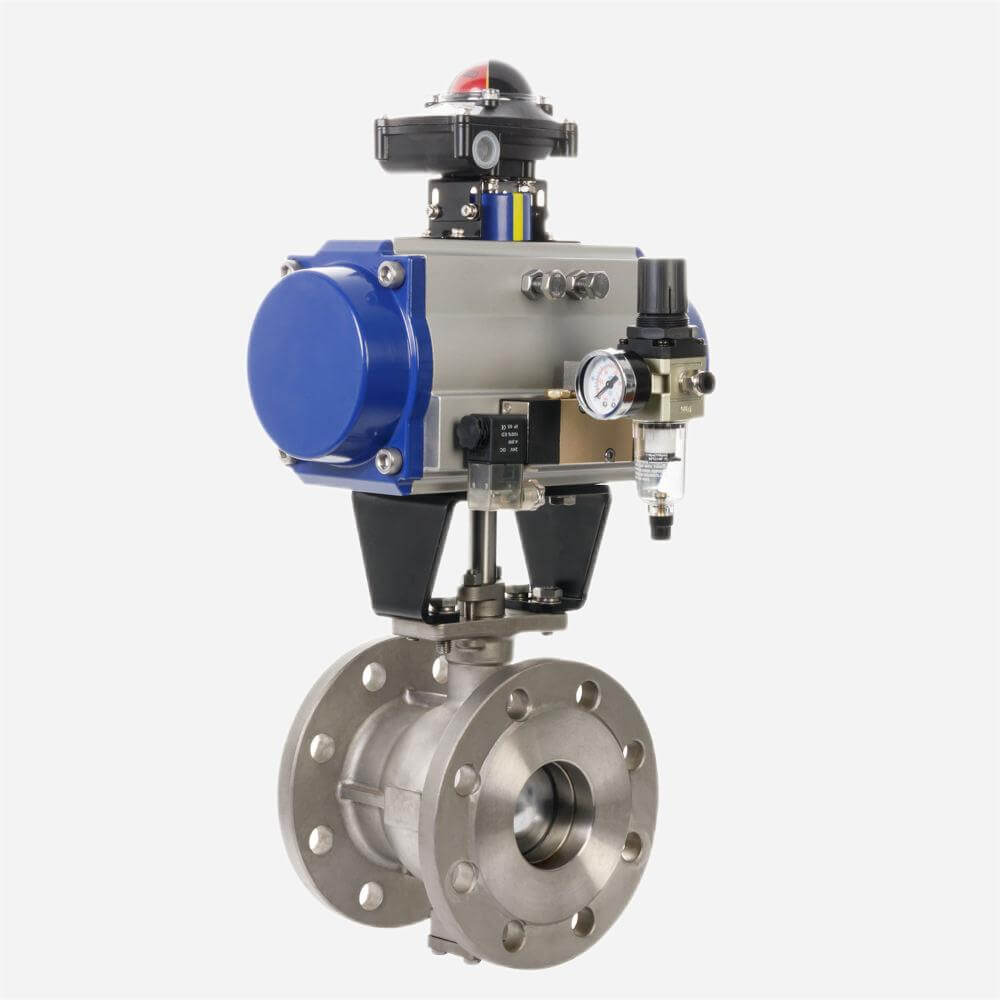
(1) Cast iron
① Gray cast iron: such as HT200, HT250, etc., suitable for oils with PN≤16, working temperature between -10℃~100℃, and liquid media of general nature (water, steam, petroleum products, etc.); PN≤10, Steam, general gas, gas, ammonia and other media (ammonia, alcohol, aldehyde, ether, ketone, ester and other less corrosive media) with a working temperature between -10 ° C and 200 ° C. It is not suitable for hydrochloric acid, nitric acid and other media. But it can be used in concentrated sulfuric acid, because concentrated sulfuric acid can produce a layer of purification film on the metal surface to prevent the corrosion of cast iron by concentrated sulfuric acid.
② Malleable cast iron: such as KTH350-10, KTH450-06, etc., suitable for steam, general gas, liquid, oil and other media with PN ≤ 25 and working temperature between -10 ° C and 300 ° C. Its corrosion resistance is similar to that of gray cast iron.
③ Ductile cast iron: such as QT400-15, QT450-10, etc., suitable for mediums such as steam, general gas and oil with PN ≤ 25 and working temperature between -10°C and 300°C. It has strong corrosion resistance and can work in a certain concentration of sulfuric acid, nitric acid, and acid salts. But it is not resistant to the corrosion of hydrofluoric acid, strong alkali, hydrochloric acid and ferric chloride hot solution. Avoid sudden heat and sudden cold during use, otherwise it will burst.
④Nickel cast iron: Alkali resistance is stronger than gray cast iron and ductile iron valves; used in dilute sulfuric acid, dilute hydrochloric acid and caustic alkali, nickel cast iron is an ideal material for valves.
(2) Carbon steel
Carbon steels include WCA, WCB and WCC, etc., which are suitable for media such as steam, non-corrosive gases, petroleum and related chemicals with a working temperature between -29 and 425 °C.
(3) Stainless steel
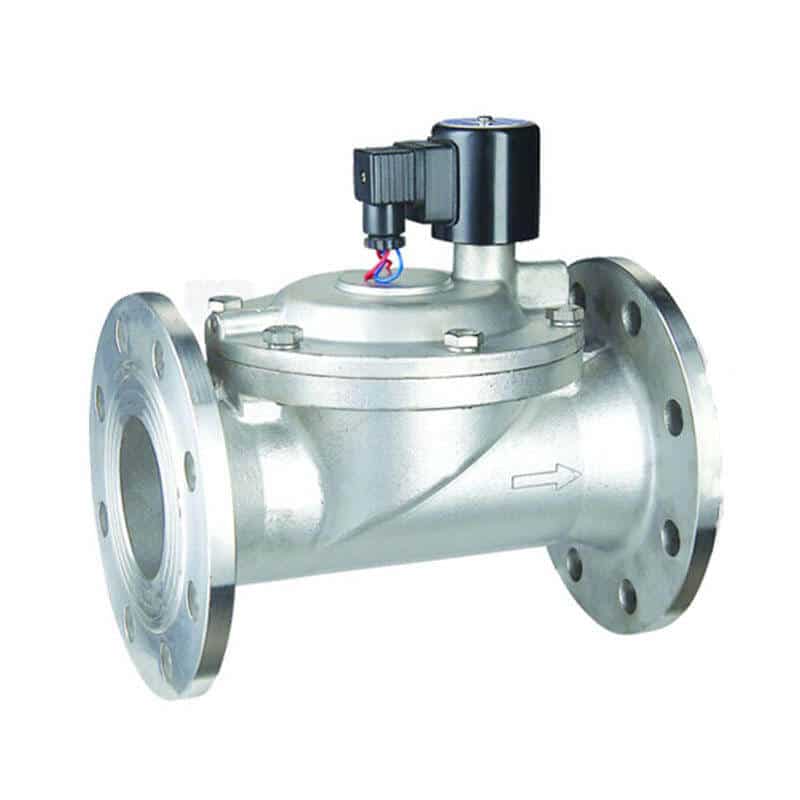
①304 series stainless steel is generally suitable for media such as steam, non-corrosive gas, petroleum and related drugs with a working temperature between -196°C and 650°C; corrosive media with a working temperature between -30°C and 200°C. It has excellent atmospheric resistance, can resist nitric acid and other oxidizing media, and can also resist the corrosion of alkali, water, salt, organic acid and other organic compounds. However, it is not resistant to the corrosion of non-oxidizing acids such as sulfuric acid and hydrochloric acid, nor is it resistant to non-drying hydrogen chloride, oxidizing chlorides, and organic acids such as oxalic acid and lactic acid.
② 316 series stainless steel with 2% to 3% molybdenum added on the basis of 304 has better corrosion resistance than 304 series stainless steel, and its corrosion resistance in non-oxidizing acids and hot organic acids and chlorides It is better than chrome-nickel stainless steel and has better pitting resistance.
③ 321 and 347 series stainless steels containing titanium or niobium have strong resistance to intergranular corrosion.
④The 904L series stainless steel containing high chromium and high nickel has higher corrosion resistance than ordinary stainless steel, and can be used to treat sulfuric acid, phosphoric acid, mixed acid, sulfurous acid, organic acid, alkali, salt solution, hydrogen sulfide, etc. High-temperature occasions under certain concentrations. But it is not resistant to the corrosion of concentrated or hot hydrochloric acid, wet fluorine, chlorine, bromine, iodine, aqua regia, etc.
(4) Copper alloy
Copper alloy is mainly suitable for valves with PN≤25 and working temperature between -40℃~180℃ for oxygen and seawater pipelines. It has good corrosion resistance to water, seawater, various salt solutions and organic matter. It has good corrosion resistance to sulfuric acid, phosphoric acid, acetic acid, dilute hydrochloric acid, etc. that do not contain oxygen or oxidants, and has good resistance to alkali. But it is not resistant to the corrosion of oxidizing acids such as nitric acid and concentrated sulfuric acid, nor is it resistant to the corrosion of molten metal, sulfur and sulfides. Avoid contact with ammonia, it can cause stress corrosion cracking of copper and copper alloys. When selecting, it should be noted that the corrosion resistance of copper alloys is different due to their different grades.
(5) Aluminum alloy
Aluminum alloy has good corrosion resistance to strong oxidizing concentrated nitric acid, and can resist organic acids and solvents. But it is not corrosion-resistant in reducing medium, strong acid and strong alkali. The higher the purity of aluminum, the better the corrosion resistance, but the strength decreases accordingly, so it can only be used as a valve or valve lining with very low pressure.
(6) Titanium alloy
Titanium alloy is mainly suitable for seawater, chloride, oxidizing acid, organic acid, alkali and other media with PN≤25 and working temperature between -30℃~316℃. Titanium is an active metal that can form an oxide film with good corrosion resistance at room temperature. It is resistant to seawater, various chlorides and hypochlorites, chlorine, oxidizing acids, organic acids, alkalis, etc. However, it is not resistant to the corrosion of relatively pure reducing acids, such as sulfuric acid and hydrochloric acid, but it is resistant to corrosion of nitric acid containing oxidants. Titanium valves have good resistance to pitting corrosion. However, stress corrosion will occur in red fuming nitric acid, chloride, methanol and other media.
(7) Zirconium alloy
Zirconium is also an active metal, which can form a tight oxide film. It has good corrosion resistance to nitric acid, chromic acid, lye, molten alkali, salt solution, urea, sea water, etc., but it is not resistant to hydrofluoric acid and concentrated sulfuric acid. , the corrosion of aqua regia, and it is also resistant to the corrosion of wet chlorine and oxidizing metal chlorides.
(8) Ceramics
Valves made by melting and sintering ceramics based on silica, such as zirconia, alumina, silicon nitride, etc., not only have extremely high wear resistance, temperature resistance, and heat insulation performance, but also have high corrosion resistance. , In addition to being resistant to oxyfluoric acid, fluosilicic acid and strong alkali, it can withstand heat concentrated nitric acid, hydrochloric acid, aqua regia, saline solution and organic solvents. It is generally suitable for pipelines with PN≤6. If other materials are used for this type of valve, the corrosion resistance of other materials should be considered when selecting.
(9) FRP
The corrosion resistance of FRP varies with its adhesive. Epoxy FRP can be used in hydrochloric acid, phosphoric acid, dilute sulfuric acid and some organic acids; phenolic FRP has better corrosion resistance; furan FRP has better alkali resistance, acid resistance and comprehensive corrosion resistance, which are generally suitable for In pipelines with PN≤16.
(10) Plastic
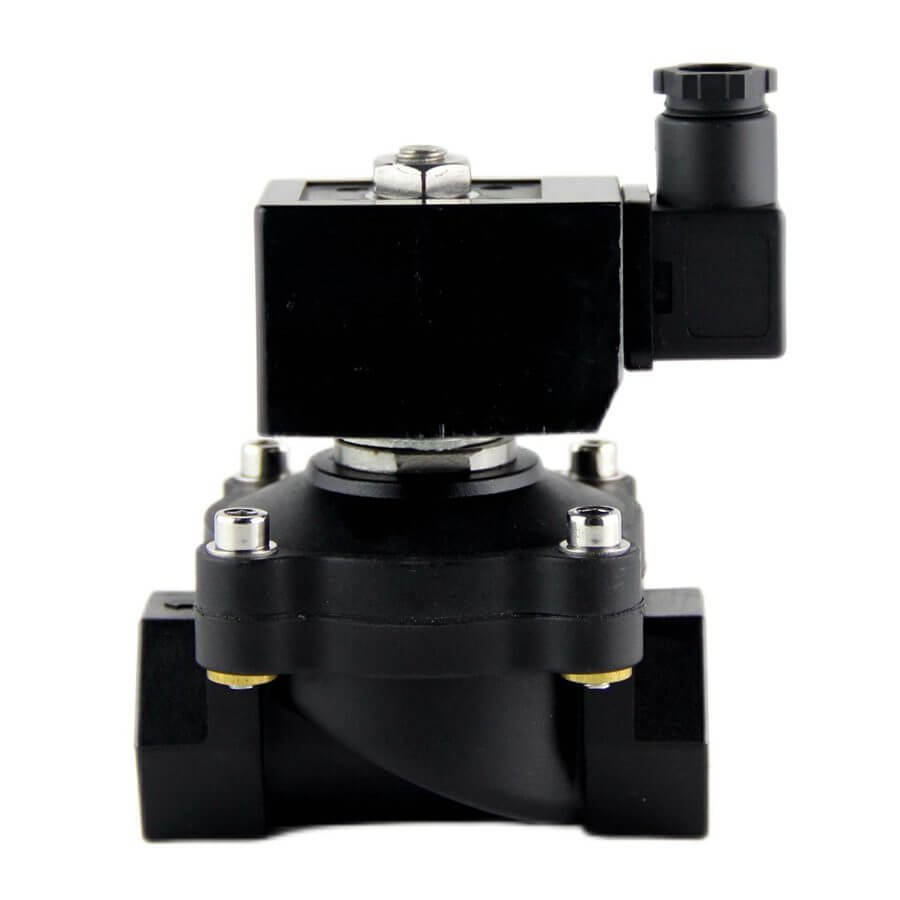
The biggest feature of plastic valves is strong corrosion resistance, and even has advantages that metal material valves cannot possess. It is generally suitable for pipelines with PN≤6, and its corrosion resistance varies greatly with different types of plastics.
① Nylon, also known as polyamide, is a thermoplastic with good corrosion resistance. It can resist the corrosion of dilute acid, salt and alkali, and has good corrosion resistance to hydrocarbons, ketones, ethers, esters and oils. But it is not resistant to strong acid, oxidizing acid, phenol and formic acid.
② Polyvinyl chloride: Polyvinyl chloride is a thermoplastic with excellent corrosion resistance. Ability to acid, alkali, salt, organic matter. Not resistant to the corrosion of concentrated nitric acid, oleum, acetic anhydride, ketones, halogenated, aromatics, etc.
③ Polyethylene: Polyethylene has excellent corrosion resistance. It has good corrosion resistance to non-oxidizing acids such as hydrochloric acid, dilute sulfuric acid, and hydrofluoric acid, as well as dilute nitric acid, alkali, salt solutions, and organic solvents at room temperature. . But it is not resistant to the corrosion of concentrated nitric acid, concentrated sulfuric acid and other strong oxidants.
④ Polypropylene: Polypropylene is a thermoplastic, and its corrosion resistance is similar to that of polyethylene, slightly better than polyethylene. It is resistant to most organic acids, inorganic acids, alkalis, and salts, but has poor corrosion resistance to strong oxidizing acids such as concentrated nitric acid, oleum, and chlorosulfonic acid.
⑤ Phenolic plastics: Phenolic plastics are resistant to corrosion by non-oxidizing acids and salt solutions such as hydrochloric acid, dilute sulfuric acid, and phosphoric acid. However, it is not resistant to strong oxidizing acids such as nitric acid and chromic acid, alkalis and some organic solvents.
⑥ Chlorinated polyether, also known as polychlorinated ether, is a linear thermoplastic with high crystallinity. It has excellent corrosion resistance, second only to fluoroplastics. It can resist the corrosion of various acids, alkalis, salts and most organic solvents except concentrated sulfuric acid and concentrated nitric acid, but it is not resistant to the corrosion of liquid chlorine, fluorine and bromine.
⑦ Chlorotrifluoroethylene: Like other fluoroplastics, it has excellent corrosion resistance and other properties, and its corrosion resistance is slightly lower than that of polytetrafluoroethylene. It has good corrosion resistance to organic acids, inorganic acids, alkalis, salts, and various organic solvents. Some solvents containing halogen and oxygen at high temperature can make it swell. It is not resistant to high temperature fluorine, fluoride, molten alkali, concentrated nitric acid, aromatics, fuming nitric acid, molten alkali metal, etc.
⑧Polytetrafluoroethylene: Polytetrafluoroethylene has excellent corrosion resistance, except for molten metal lithium, potassium, sodium, chlorine trifluoride, oxygen trifluoride at high temperature, and liquid fluorine at a high flow rate, it can almost withstand Corrosion of all chemical media, the disadvantage is that it has cold flow.
